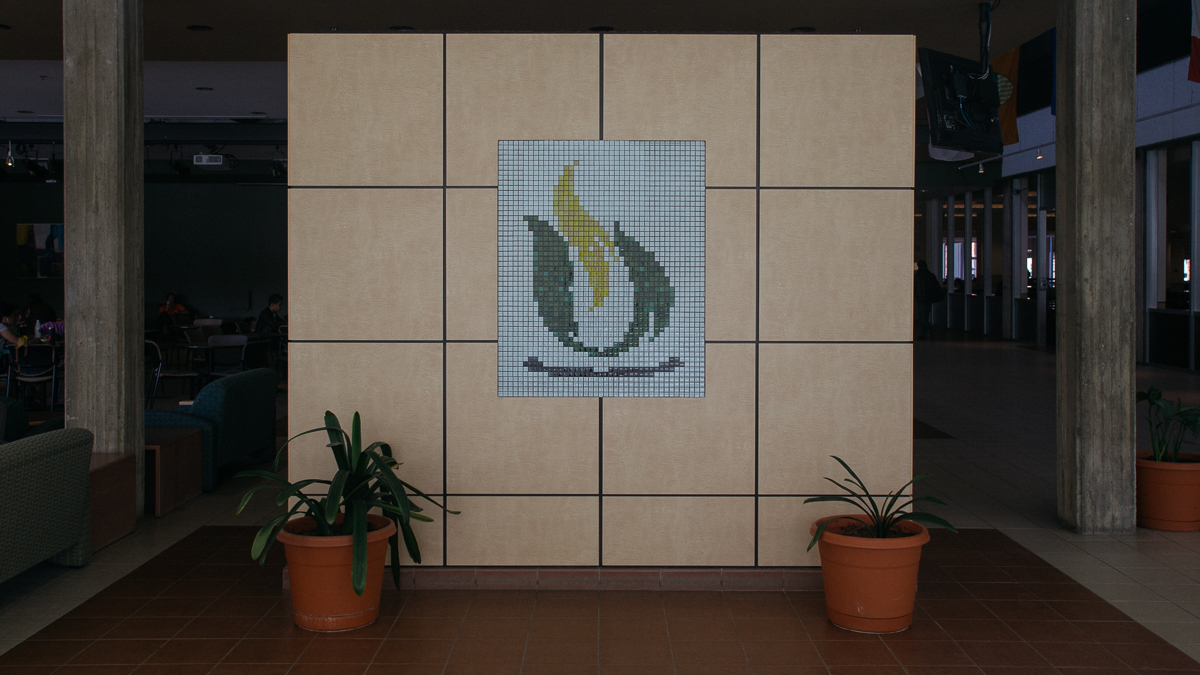ESPN’s Stuart Scott left lasting legacy on world of sports broadcasting
 Supplied - Robert X. Fogarty
Supplied - Robert X. FogartyI never met Stuart Scott. I’m sure most people reading this never did either.
But you didn’t need to know him personally to be impacted by his cooler than the other side of the pillow personality.
I didn’t even have ESPN, and if you also grew up in Canada, neither did you. I saw Scott broadcast maybe once or twice a week when TSN, theScore or Sportsnet would simulcast NBA or NFL broadcasts, but he stood out amongst ESPN’s plethora of stereotypical SportsCenter anchors. He was different and quirky, but that’s what made him special.
I’ll admit, I thought the catchphrases seemed corny when I was first introduced to his heavily black culture-influenced persona. Who says, “that play was bananas!” after a LeBron James steal and coast-to-coast dunk, or “like butter on a roll!” after an Aaron Rodgers touchdown pass, anyways? He did, and that’s why we loved him.
Scott didn’t “push the envelope,” as former ESPN personality Dan Patrick stated in an ESPN tribute to Scott following his death, “he bulldozed it.”
No other anchor in the 1990s dared to reference the hip-hop slang your parents didn’t understand by the Wu-Tang Clan, Slick Rick or Snoop Dogg on a SportsCenter highlight package, but that’s what made Scott so relatable. He refused to conform to the typical, reserved mould of sports broadcaster. He was more than America’s most popular and recognizable sports anchor — he was our cool uncle that was like gravy on a biscuit.
While Scott’s approach to sports reporting was refreshing, so was his approach to cancer.
I don’t quite remember the first time he was diagnosed with cancer in 2007, but I certainly remember when he was re-diagnosed in 2011, and again in 2013.
I remember being pissed off. I remember having a pit in my stomach while I lay in my bedroom looking up at the ceiling after reading tweets about his diagnosis. All for some dude on TV I never even met before.
It hurt. But I never had “tubes coming out of every part of my body.” He did, and so do the 524 Canadians diagnosed with cancer every day. Me being frustrated over a poor grade or paper mark is nothing compared to what these people have gone through.
He always talked about cancer, what it was like and frequently tweeted out pictures of himself undergoing treatment. We were all rooting for him. He taught us to “fight like hell,” and don’t do the “don’t give up thing” all by yourself.
Scott’s on-air appearances in 2014 were limited due to his ongoing chemotherapy treatment, so it was always a treat to hear his voice on ESPN Radio’s SVP & Russillo or on the occasional SportsCenter.
The biggest treat of them all was seeing Scott awarded the Jimmy V Perseverance Award at the ESPY Awards earlier this year. Scott, being himself as he always was, opened the acceptance speech with his usual dose of humour. I desperately wanted to laugh, but I decided to cut some onions instead. Some of the excerpts about “this journey thing” stick with me as well as the catchphrases he popularized while on the air.
“When you die, it does not mean that you lose to cancer. You beat cancer by how you live, why you live and the matter in which you live,” Scott said in his impassioned acceptance speech.
I’ve seen that quote hundreds of times on Twitter since his death, and it will never get old. It’s hard not to feel sad after Scott’s death, impossible even. But after his 14-minute speech, those words stuck with me the most.
Scott didn’t “lose” to cancer. He kicked cancer’s ass. We all watched him champion over cancer for seven years, and we couldn’t be prouder.
“Our life’s journey is really about the people that touch us,” Scott said in his ESPY speech.
And while I never met Scott, he did just that.
Booyah.




